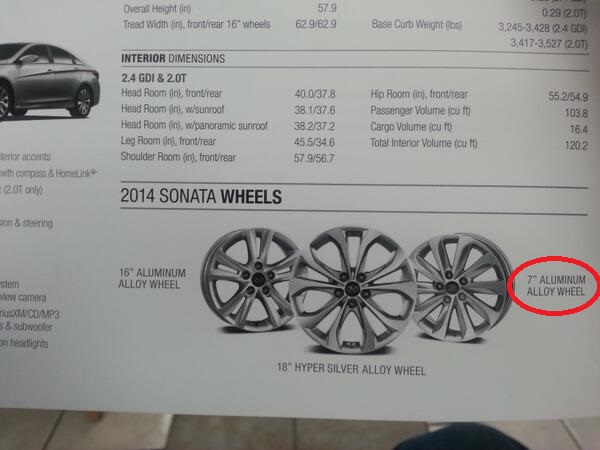
Copyright: iqoncept / 123RF Stock Photo
A quick post this week about numbers. Here are a few rules:
- Generally, spell out numbers one through ten and use figures for numbers over ten.
- We had three printers on my floor.
- There were 14 secretaries in the firm.
- When you have numbers both below ten and above ten, use figures for all of them.
- There were 4 paralegals working with the 20 associates.
- You can use figures for numbers one through ten when you want to make sure there is quick comprehension.
- Lines 1 through 3 on page 8 of the deposition should be highlighted.
- Candidate number 3 would be the best fit.
- Figures should always be used for statistical material, i.e., clock time, money, sports scores, academic grades, percentages, etc.
- The gum was on sale for $1 per pack.
- The Patriots won 4-2.
- Use words for numbers at the beginning of a sentence no matter how large the number. In certain cases, it may make more sense to rewrite the sentence to avoid beginning the sentence with a number. See post 3,483 People Say . . . Three Thousand Four Hundred . . . Starting a Sentence With a Number is Incorrect Say Several Thousand People.
- Use words for fractions and nontechnicalornonemphatic references to age, periods of time, and measurements.
- My granddaughter just turned seven years old.
- The cost for the apartment was one-half of her monthly salary.
- Numbers in millions or higher should be the figure and the word representing the designation.
- There were at least 20 million people in the stadium.
These are the simple rules regarding numbers. If you have other questions about numbers or questions about other proofreading topics, please let me know at [email protected].


 Follow
Follow

